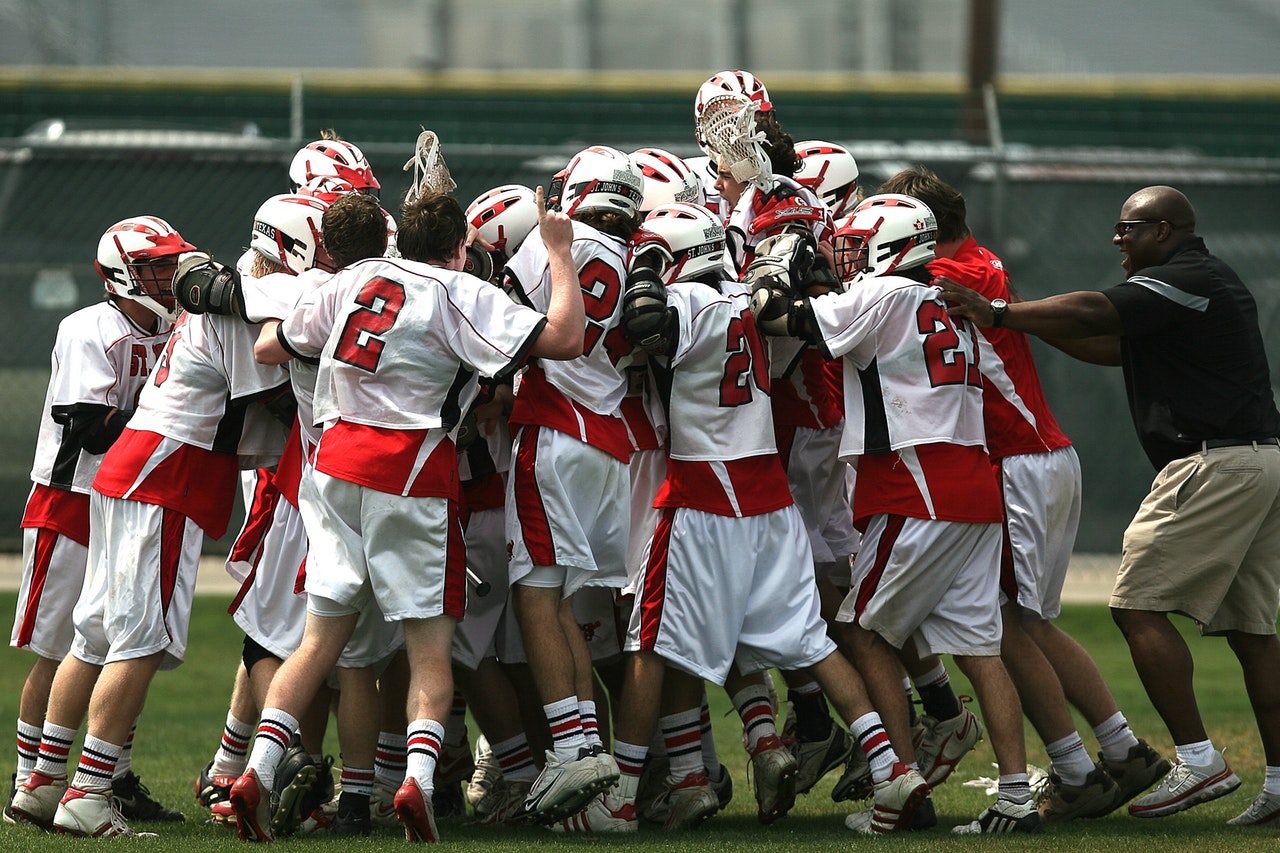When one thinks of a sports coach, many different images may pop into their mind. For some, they may picture someone who was always tough on them, pushing them and their teammates to achieve the utmost level of perfection possible. For others, they may be reminded of a firm but caring leader who took the wellbeing of individual team members incredibly seriously. Others still may be reminded of their own parents, who coached one or more of their organized team sports throughout their youth.
Regardless of the image you see when you think of the word “coach,” there is one thing each of these leaders had in common: they were absolutely vital to the team’s success.
Sure, they may not have been the ones physically on the field making tackles, but they were the ones who watched each game unfold with an analytical eye, monitoring the overall performance of each team member and keeping valuable feedback — whether positive or constructive — at the forefront of their mind.
Of course, this is only a broad overview of a coach’s responsibilities on their team. To glean further insight into how coaches truly impact their teams — and ensure each member is truly thriving — be sure to continue reading below.
A coach is more than a strategist
When an individual steps into a coaching position, they are expected to take on the role of demonstrator, advisor, motivator, fact-finder, advocate, planner, and sometimes, even chauffeur, amongst many others. As a result, being a team’s coach is not as cut-and-dry as leading them to victory through practice and a strong strategic acumen. Instead, being an effective coach requires quite a bit of emotional investment, both in the team and its success.
Coaches’ impacts are felt on and off the field
A great coach does not only impact their team’s on-field performance. Instead, they strive to make a difference in every aspect of their team members’ lives. After all, a coach is called to instill meaningful values into their players, namely positivity, resilience, teamwork, and respect. Furthermore, coaches are given the unique opportunity to foster their team’s respective work ethics, which translate well beyond their performance throughout the season.
Per the NCAA, student athletes who continue to play throughout college graduate at rates higher than college students in general. Additionally, those who go on to play professionally prior to receiving their degree often return to campus to complete their education, as they feel supported and empowered to do so. Coaches are a vital part of athletes’ support systems, regardless of which stage of their career they may be in.
Coaches remind us of the mental aspect of sports and its importance
Despite what some may say about organized team sports, they are much more than just running, tackling, and aiming for the goal line. Instead, becoming a successful athlete requires a deep understanding of the team’s strategic tactics, a positive mindset as it relates to change, and the confidence to carry out their specific positional expectations.
If an athlete is missing one or more of these important qualities, it is a coach’s duty to help them overcome any mental obstacles they may be facing, whether they relate to grasping plays, showing confidence on the field, or releasing a fear of failure.
Evidently, coaching is much more than an extracurricular activity focused on achieving success. Instead, it is a long-term commitment to each and every member of one’s team, as well as their personal improvement, mindset, and the fulfillment of their respective goals.
If you are interested in learning more about Scott Fintzy and his passion for coaching on and off the field, be sure to visit his website.


